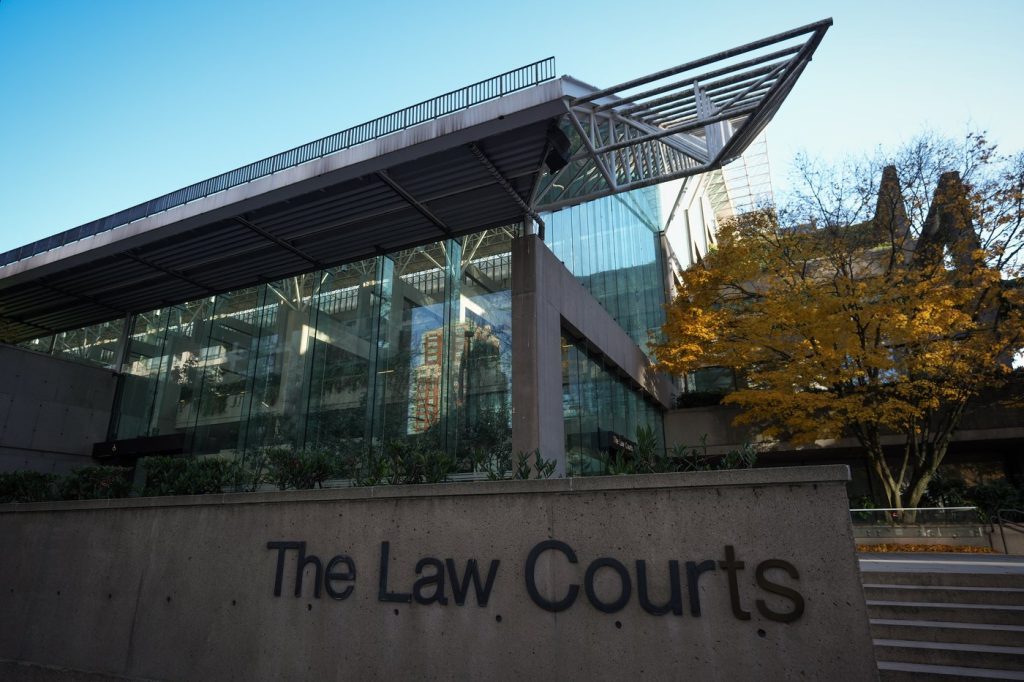OTTAWA – The Canadian government has invited First Nations chiefs to submit questions in advance of their meeting with Prime Minister Mark Carney, set for July 17, 2025. This meeting aims to address concerns regarding implementing Bill C-5, the Building Canada Act, which has been criticized for its expedited process of granting federal approvals for major industrial projects such as mines, ports, and pipelines, potentially bypassing existing laws.
Carney’s invitation comes after First Nations leaders expressed that their rights were being overlooked amid the rapid push for this legislation. Chiefs will have until July 16 to submit questions, which can then be narrowed down through a voting process among their peers. The government hopes this approach will focus on shared priorities and important issues.
Cindy Woodhouse Nepinak, the National Chief of the Assembly of First Nations, stated that the chiefs are united in their concerns about the fast-tracked passage of the bill through Parliament. She emphasized that while First Nations support economic development, it cannot come at the cost of their rights or environmental protection. Woodhouse Nepinak underscored the urgency of responsible stewardship and the need for legitimate consultation with Indigenous peoples, as the new legislation could significantly impact their communities.
During a recent Assembly of First Nations meeting, Woodhouse Nepinak noted that although some amendments to the bill were made—such as removing a clause that would let the federal government bypass the Indian Act—these changes have not sufficiently addressed First Nations' concerns. One notable amendment proposed by Senator Paul Prosper aimed at incorporating a requirement for the free, prior, and informed consent of First Nations. However, this amendment failed to pass, raising further concerns about future implications for Indigenous rights.
Senator Prosper expressed worry about how future administrations might utilize this legislation and whether it would enable the government to ignore laws during economic emergencies. His comments highlight a broader apprehension among Indigenous leaders regarding the long-term impacts of the bill on their rights and governance.
Former national chief Ovide Mercredi voiced hope that the chiefs would approach the July 17 meeting with strength and confidence. He encouraged them not to compromise the rights of their communities in pursuit of economic development. Mercredi reflected on the historical context of First Nations’ experiences in Canada, suggesting that a better understanding from the wider Canadian public could be fostered through their struggles for rights and equity.
Mercredi cautioned against the potential for government overreach and military response to dissent over the bill, referencing historical conflicts between Indigenous peoples and the state. This concern is particularly relevant as Friday marks the 35th anniversary of the Kanehsatake Resistance, or the Oka Crisis, where Mohawk activists clashed with police and armed forces over land rights.
First Nations chiefs have indicated that protests and blockades against the legislation remain a possibility. While current demonstrations against the bill have been limited and localized, there is at least one protest planned in Ottawa coinciding with the meeting. This youth-led event is expected to voice opposition to the proposed legislation and will contribute to the ongoing dialogue about Indigenous rights and economic policy in Canada.
The major projects bill has been positioned as a response to economic pressures stemming from U.S. trade policy, specifically targeted by U.S. President Donald Trump, who recently threatened significant tariffs on Canadian goods. The urgency from the government reflects a broader strategy to bolster the Canadian economy in light of these foreign trade dynamics.












